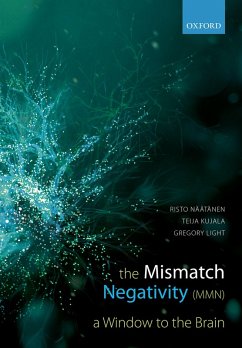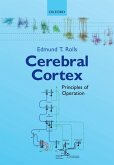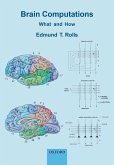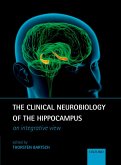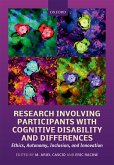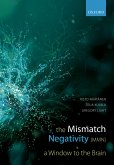Mismatch negativity (MMN) is the electrophysiological change-detection response of the brain. MMN is stimulated when there is any discernible change to a repetitive sequence of sound, occurring even in the absence of attention. MMN is an automatic response and causes an involuntary attentional shift, representing a function which is of vital significance. A parallel response can also be detected in the other sensory modalities- visual, somatosensory, and olfactory. MMN occurs in different species, and across the different developmental stages, from infancy to old age. Importantly, the MMN response is affected in different cognitive brain disorders, providing an index to the severity of the disorder and consequently, a guide to the effectiveness of different treatments. MMN has become extremely popular around the world for investigating a wide range of clinical populations. It is a versatile tool for studying perception, memory, and learning functions in both the healthy and dysfunctional brain. Furthermore, being elicited irrespective of attention, it is ideal for investigating inattentive participants, such as sleeping infants or patients in a coma, whose cognitive processes are otherwise hard to access. Written by pioneers and leading authorities in the subject, this book provides an introduction to MMN and its contribution within different clinical fields: developmental disorders, neurological disorders, psychiatric disorders, and aging.
Dieser Download kann aus rechtlichen Gründen nur mit Rechnungsadresse in A, B, BG, CY, CZ, D, DK, EW, E, FIN, F, GR, HR, H, IRL, I, LT, L, LR, M, NL, PL, P, R, S, SLO, SK ausgeliefert werden.

